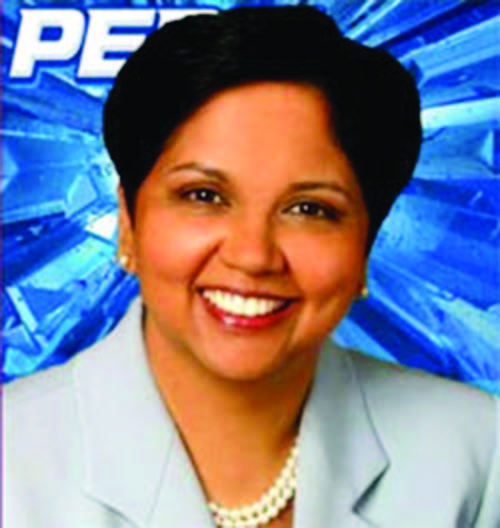
While perhaps not as headlinegrabbing as the public corruption scandals that have recently ensnared New York state and city lawmakers, campaign finance violations continue to be a recurring epidemic. Arecent study conducted by the New York Public Interest Group found that in the last two years over 100,000 campaign finance violations went undetected. Candidates, political committees and corporations sometimes blatantly flout these laws.
The state Board of Elections is tasked with enforcement but is widely considered toothless in its ability to curb and punish abuse. In fact, in the NYPIRG report, a $25,000 corporate contribution to Friends of Ed Mangano from Bolla Management Corp. was cited as an example of a campaign finance violation that should have normally prompted an immediate response from the state Board of Elections, but instead went undetected.
Part of the problem with enforcing campaign finance laws is the partisan culture that pervades the Board of Elections, where an even number of Democrats and Republicans controls the board, and consensus is needed to initiate even the most mundane campaign finance investigation. Another problem is the lack of any enforcement infrastructure to pursue these cases. Yet even when provided with the resources to pursue violations, the agency has not followed through in hiring the manpower necessary to effectively probe them.
“[The Board of Elections has] been offered the money to improve their infrastructure in the past and never taken it,” said NYPIRG’s research coordinator, Bill Mahoney. “In 2007, for example, Gov. Spitzer gave them the money to hire 18 new enforcement staff, and they didn’t bother hiring a single person, and Gov. Paterson took the money [back] a couple of years later.” Mahoney added that the result of the agency’s passivity in pursuing campaign finance violations is that local candidates feel empowered to reach out to the wealthiest donors possible, even if those donors happen to conduct business with that candidate.
“It’s certainly common practice among state politicians. It’s very easy for a county executive to raise huge sums of money; it’s also easy for opponents to do so as well,” Mahoney said. “They’ll actually be incentivized to reach out to people who can give them five-figure checks in many cases. Often the people that have that money and are willing to do so are the people who have contracts before the county.” Gov. Andrew Cuomo, in his ongoing effort to “clean up” the state, recently introduced a campaign finance bill that would limit a club or committee like Hicksville from spending exorbitant amounts on a single candidate.
The bill would impose a $5,000 limit on transfers or money spent by political party committees on behalf of candidates. Unfortunately for Mangano’s opponents in the county executive race, the large amounts of money given to Mangano and the Hicksville club have already been spent. By the time the bill passes, Mangano could be well on his way to a second term as county executive.





Be the first to comment